Can a keto diet help treat brain cancer?


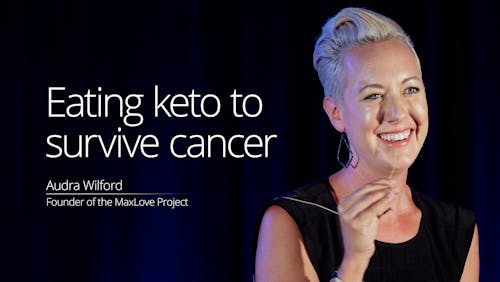
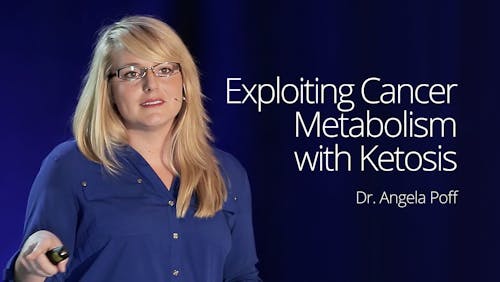
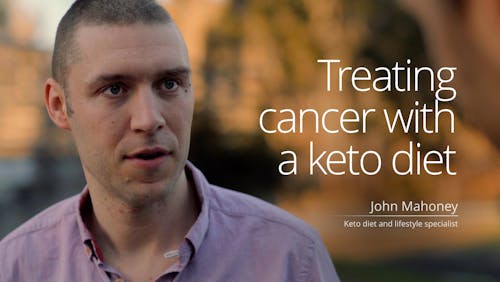
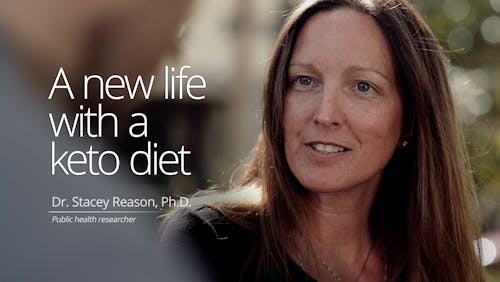

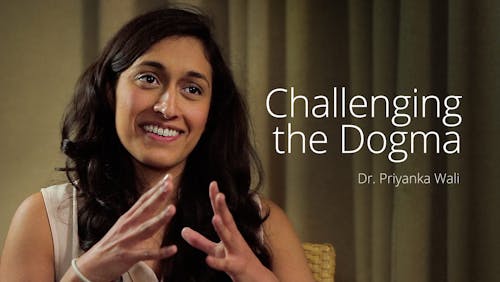
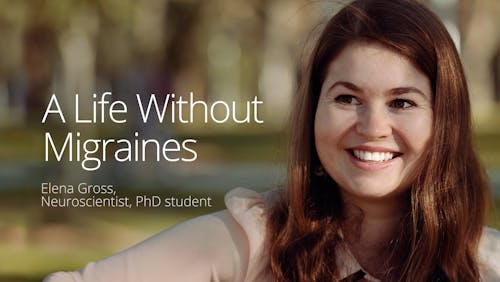
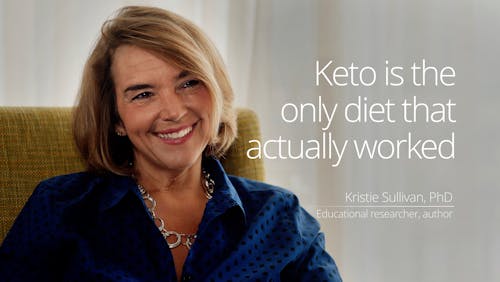

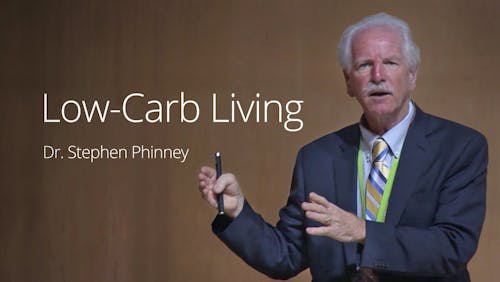
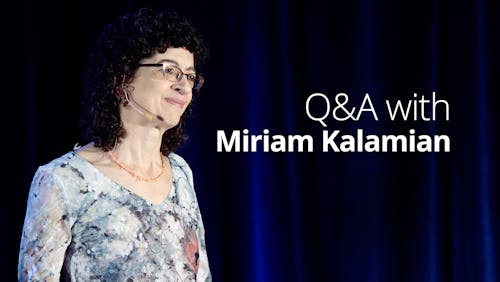
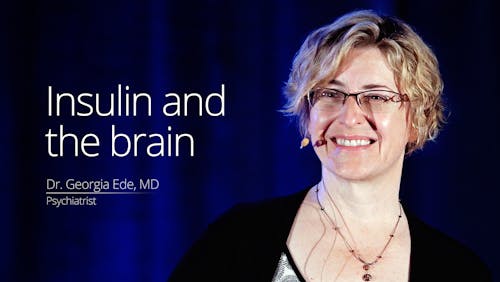
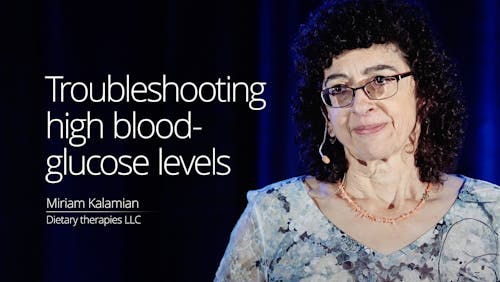
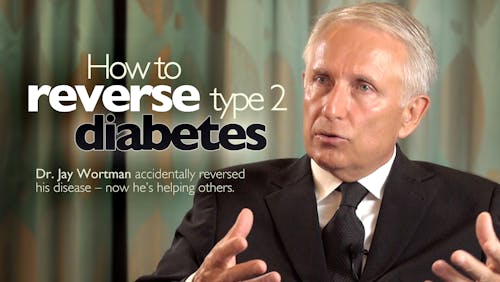
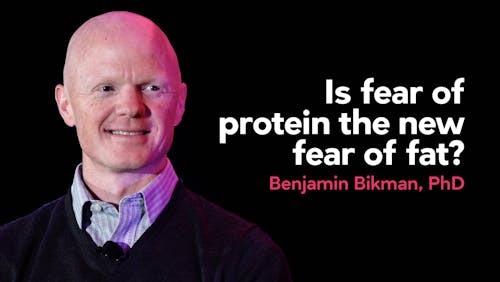
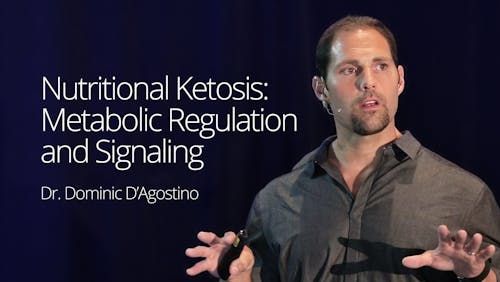
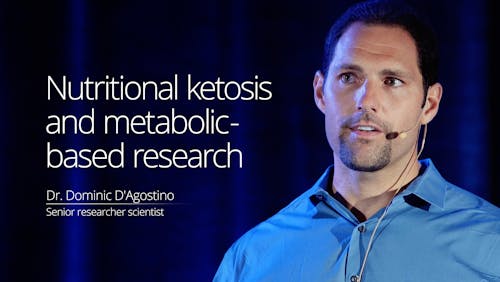
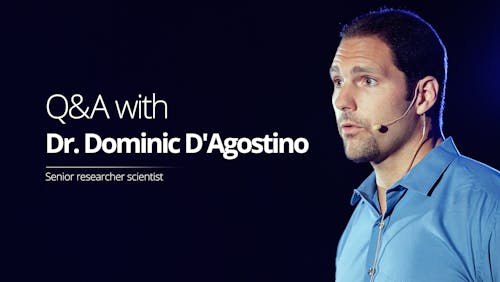
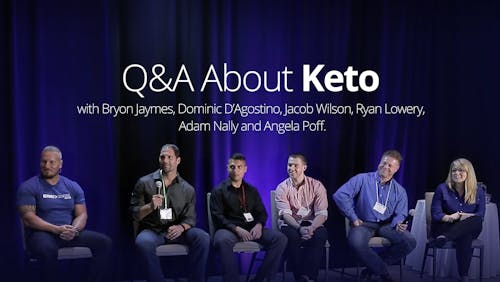
This guide is written by Anne Mullens and was last updated on June 17, 2022. It was medically reviewed by Dr. Michael Tamber, MD on February 3, 2022.
The guide contains scientific references. You can find these in the notes throughout the text, and click the links to read the peer-reviewed scientific papers. When appropriate we include a grading of the strength of the evidence, with a link to our policy on this. Our evidence-based guides are updated at least once per year to reflect and reference the latest science on the topic.
All our evidence-based health guides are written or reviewed by medical doctors who are experts on the topic. To stay unbiased we show no ads, sell no physical products, and take no money from the industry. We're fully funded by the people, via an optional membership. Most information at Diet Doctor is free forever.
Read more about our policies and work with evidence-based guides, nutritional controversies, our editorial team, and our medical review board.
Should you find any inaccuracy in this guide, please email andreas@dietdoctor.com.
| Name | Provider / Domain | Expiration | Description |
|---|---|---|---|
| ckdc-premium | .dietdoctor.com | 1 month | |
| app-banner | .dietdoctor.dev.dietdoctor.com | 1 day | This cookie shows whether user closed the App Banner prompt |
| _gaexp | dietdoctor.com | 1 year | Used to determine a user's inclusion in an experiment and the expiry of experiments a user has been included in. |
| _gaexp | .dietdoctor.com | 1 year | Used to determine a user's inclusion in an experiment and the expiry of experiments a user has been included in. |
| _opt_awcid | .dietdoctor.com | 3 days | |
| _opt_awmid | .dietdoctor.com | 3 days | |
| _opt_awgid | .dietdoctor.com | 3 days | |
| _opt_awkid | .dietdoctor.com | 3 days | |
| _opt_utmc | .dietdoctor.com | 3 days | |
| _opt_expid | .dietdoctor.com | 25 seconds | |
| gtm_auth | .dietdoctor.com | 3 days | |
| gtm_debug | .dietdoctor.com | 3 days | |
| gtm_experiment | .dietdoctor.com | 3 days | |
| gtm_preview | .dietdoctor.com | 3 days | |
| _hjAbsoluteSessionInProgress | .dietdoctor.com | 30 minutes | The cookie is set so Hotjar can track the beginning of the user's journey for a total session count. It does not contain any identifiable information. |
| _ga | .dietdoctor.com | 2 years | This cookie name is associated with Google Universal Analytics - which is a significant update to Google's more commonly used analytics service. This cookie is used to distinguish unique users by assigning a randomly generated number as a client identifier. It is included in each page request in a site and used to calculate visitor, session and campaign data for the sites analytics reports. |
| _dc_gtm_UA-3268327-1 | .dietdoctor.com | 1 minute | This cookie is associated with sites using Google Tag Manager to load other scripts and code into a page. Where it is used it may be regarded as Strictly Necessary as without it, other scripts may not function correctly. The end of the name is a unique number which is also an identifier for an associated Google Analytics account. |
| _hjFirstSeen | .dietdoctor.com | 30 minutes | The cookie is set so Hotjar can track the beginning of the user's journey for a total session count. It does not contain any identifiable information. |
| _dc_gtm_UA-22012422-2 | .dietdoctor.com | 1 minute | This cookie is associated with sites using Google Tag Manager to load other scripts and code into a page. Where it is used it may be regarded as Strictly Necessary as without it, other scripts may not function correctly. The end of the name is a unique number which is also an identifier for an associated Google Analytics account. |
| AWSELBCORS | www.podbean.com | 5 minutes | The cookies AWSELB and AWSELBCORS are functionally the same cookies. The latter has an explicit SameSite attribute set because of changes made from Chrome 80 and upwards. |
| _ga_YMCP8KW9S4 | .dietdoctor.com | 2 years | |
| _hjIncludedInSessionSample | www.dietdoctor.com | 2 minutes | This cookie is set to let Hotjar know whether that visitor is included in the data sampling defined by your site's daily session limit |
| __cf_bm | .vimeo.com | 30 minutes | This cookie is used to distinguish between humans and bots. This is beneficial for the website, in order to make valid reports on the use of their website. |
| _gid | .dietdoctor.com | 1 day | This cookie is set by Google Analytics. It stores and update a unique value for each page visited and is used to count and track pageviews. |
| CookieScriptConsent | www.dietdoctor.com | 1 year | This cookie is used by Cookie-Script.com service to remember visitor cookie consent preferences. It is necessary for Cookie-Script.com cookie banner to work properly. |
| __cf_bm | .podbean.com | 30 minutes | This cookie is used to distinguish between humans and bots. This is beneficial for the website, in order to make valid reports on the use of their website. |
| _hjIncludedInPageviewSample | www.dietdoctor.com | 2 minutes | This cookie is set to let Hotjar know whether that visitor is included in the data sampling defined by your site's pageview limit. |
| _dc_gtm_UA-22012422-1 | .dietdoctor.com | 1 minute | This cookie is associated with sites using Google Tag Manager to load other scripts and code into a page. Where it is used it may be regarded as Strictly Necessary as without it, other scripts may not function correctly. The end of the name is a unique number which is also an identifier for an associated Google Analytics account. |
| _gaexp_rc | .dietdoctor.com | 25 seconds |
| Name | Provider / Domain | Expiration | Description |
|---|---|---|---|
| IDE | .doubleclick.net | 1 year | This cookie is set by Doubleclick and carries out information about how the end user uses the website and any advertising that the end user may have seen before visiting the said website. |
| _uetvid | .dietdoctor.com | 1 year | This is a cookie utilised by Microsoft Bing Ads and is a tracking cookie. It allows us to engage with a user that has previously visited our website. |
| loc | .addthis.com | 1 year 1 month | Stores the visitors geolocation to record location of sharer |
| test_cookie | .doubleclick.net | 15 minutes | This cookie is set by DoubleClick (which is owned by Google) to determine if the website visitor's browser supports cookies. |
| _gcl_au | .dietdoctor.com | 3 months | Used by Google AdSense for experimenting with advertisement efficiency across websites using their services |
| _uetsid | .dietdoctor.com | 1 day | This cookie is used by Bing to determine what ads should be shown that may be relevant to the end user perusing the site. |
| uvc | .addthis.com | 1 year 1 month | Tracks how often a user interacts with AddThis |
| YSC | .youtube.com | Session | This cookie is set by YouTube to track views of embedded videos. |
| MUID | .bing.com | 1 year | This cookie is widely used my Microsoft as a unique user identifier. It can be set by embedded microsoft scripts. Widely believed to sync across many different Microsoft domains, allowing user tracking. |
| _fbp | .dietdoctor.com | 3 months | Used by Facebook to deliver a series of advertisement products such as real time bidding from third party advertisers |
| VISITOR_INFO1_LIVE | .youtube.com | 6 months | This cookie is set by Youtube to keep track of user preferences for Youtube videos embedded in sites;it can also determine whether the website visitor is using the new or old version of the Youtube interface. |
| Name | Provider / Domain | Expiration | Description |
|---|---|---|---|
| _ga_7S1SXKKDKN | .dietdoctor.com | 2 years |
| Name | Provider / Domain | Expiration | Description |
|---|---|---|---|
| _hjSession_1945121 | .dietdoctor.com | 30 minutes | |
| _hjSessionUser_1945121 | .dietdoctor.com | 1 year | |
| _ga_Y4DLH4EPXM | .dietdoctor.com | 2 years |